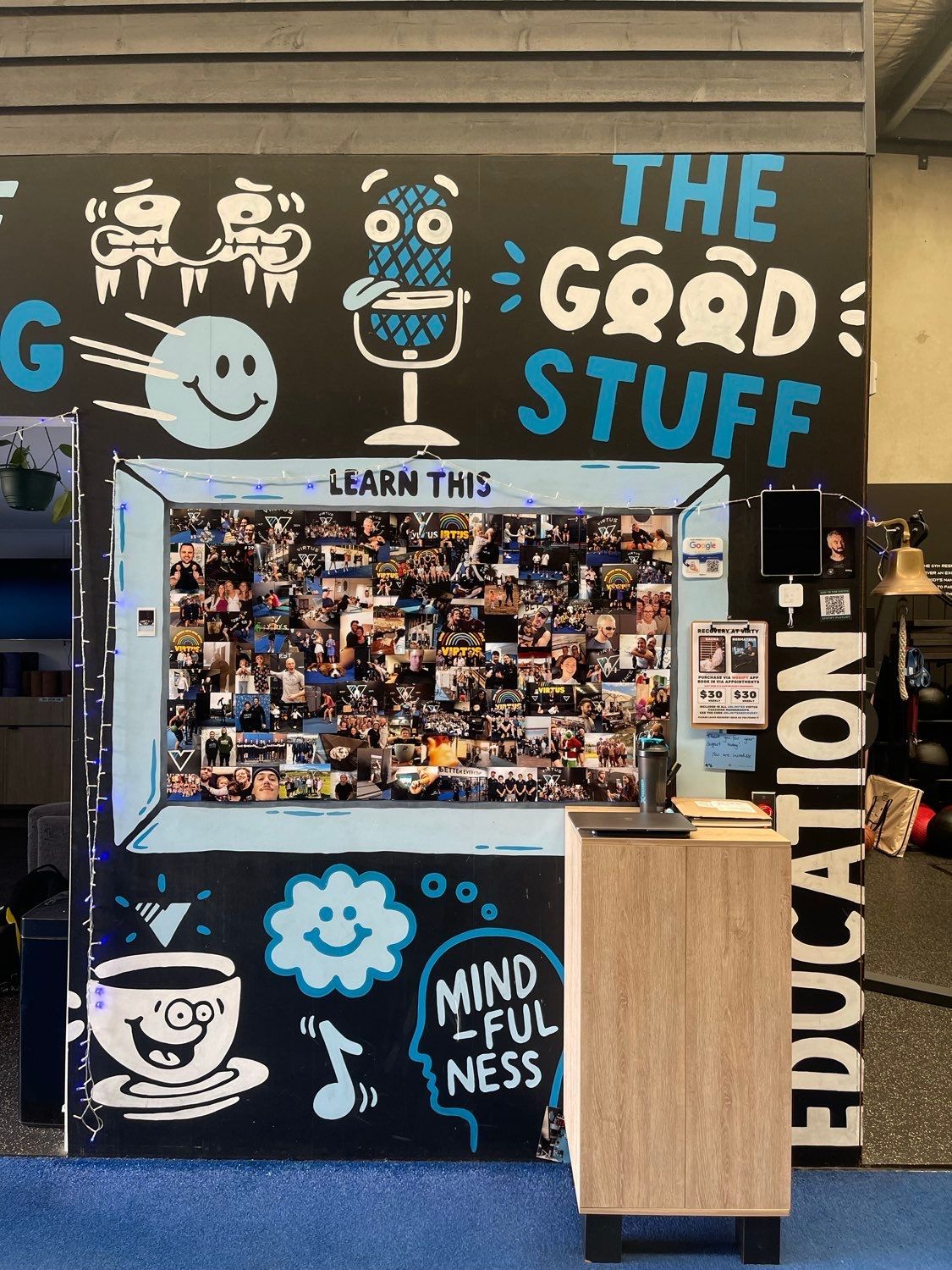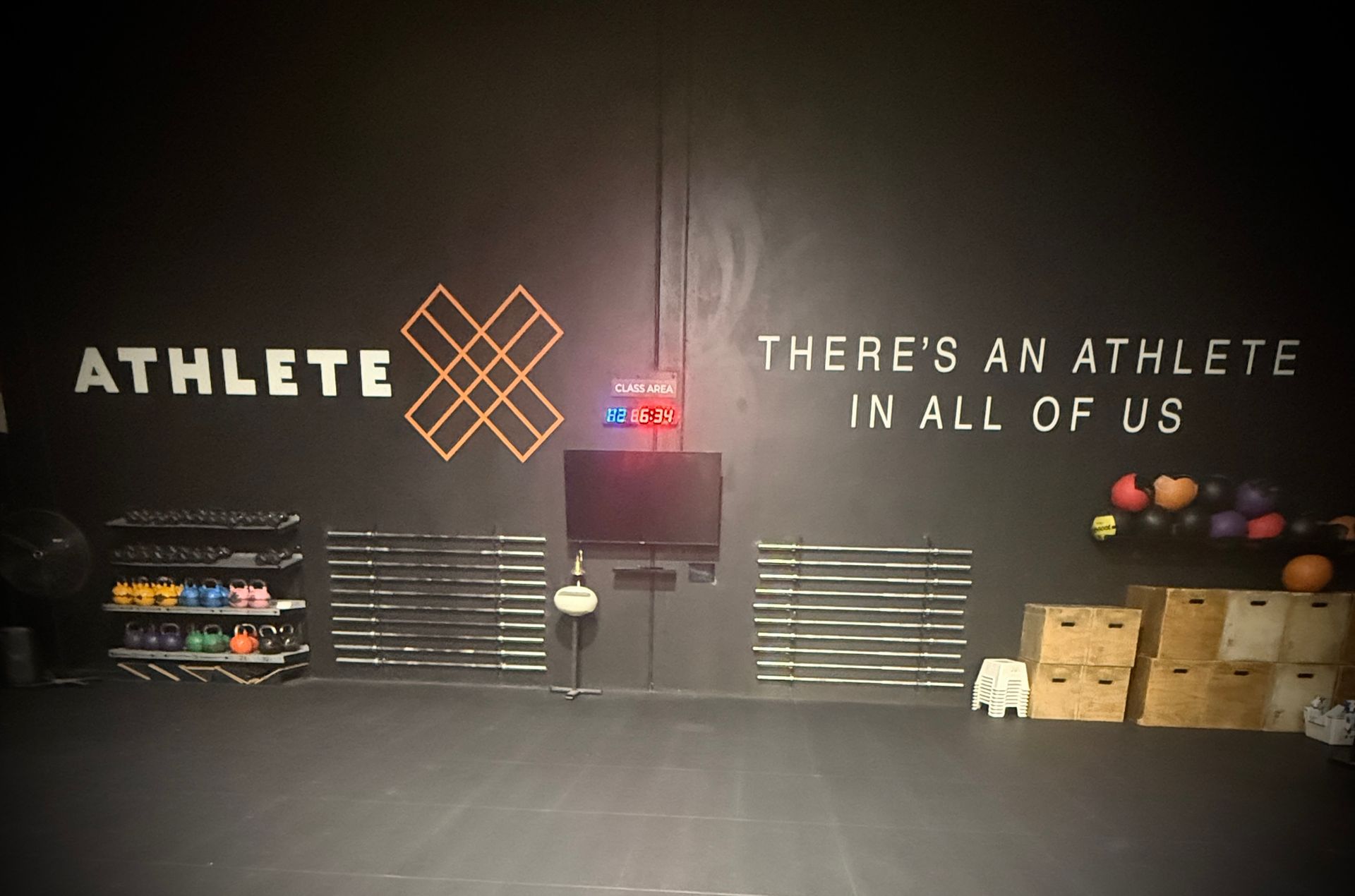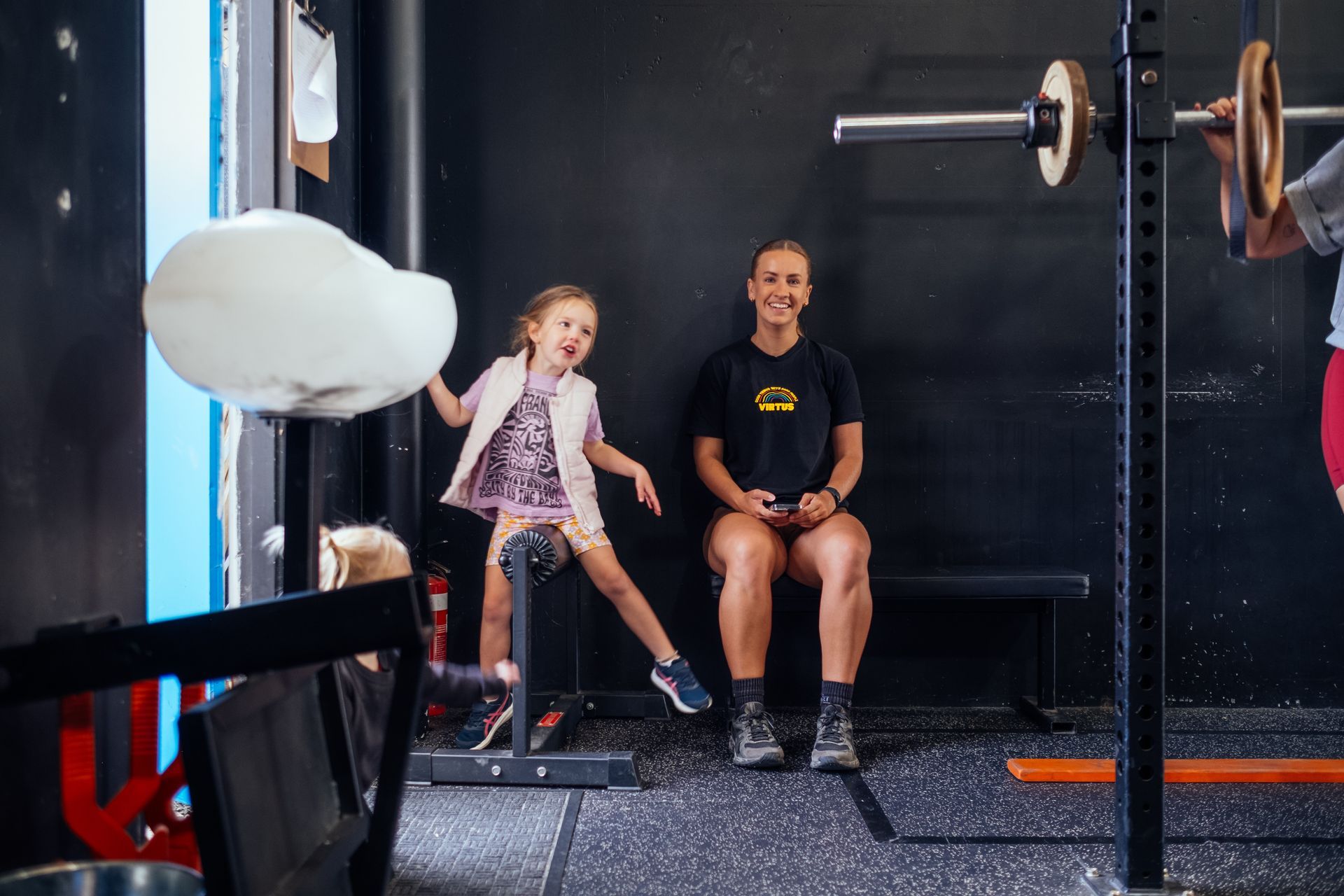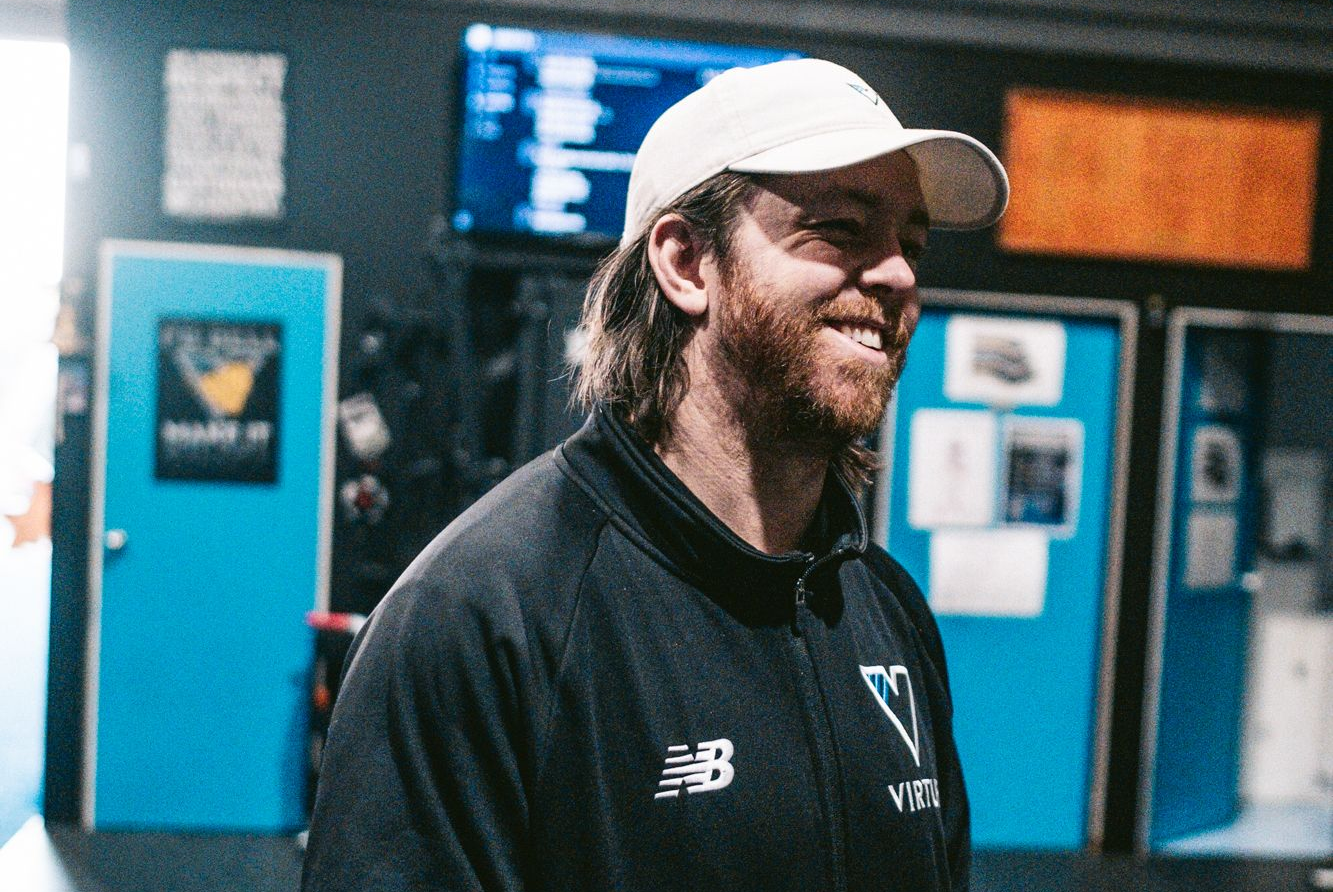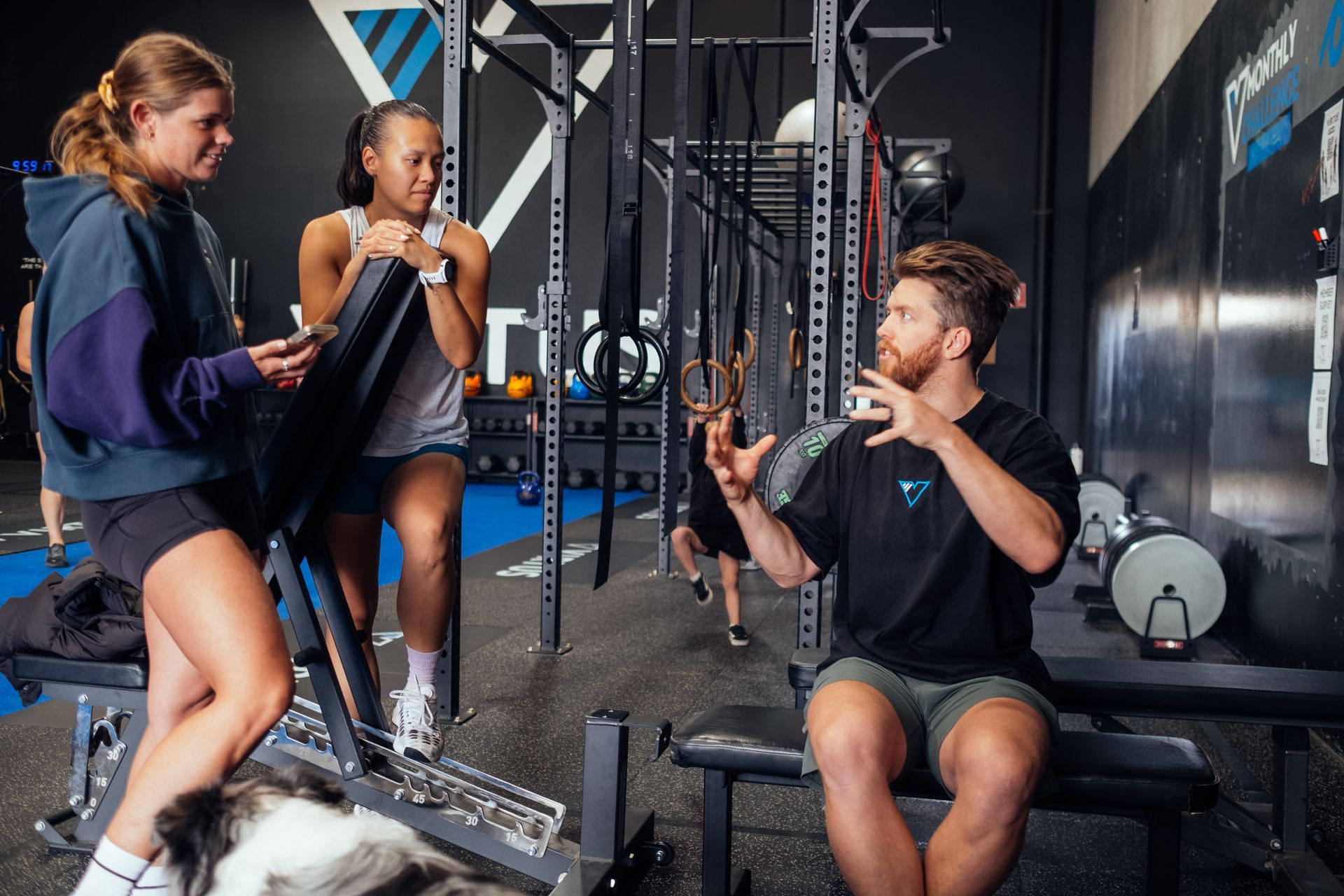Don't chase goals, build a way of life
Don't chase goals, build a way of life.
Enjoy
LW
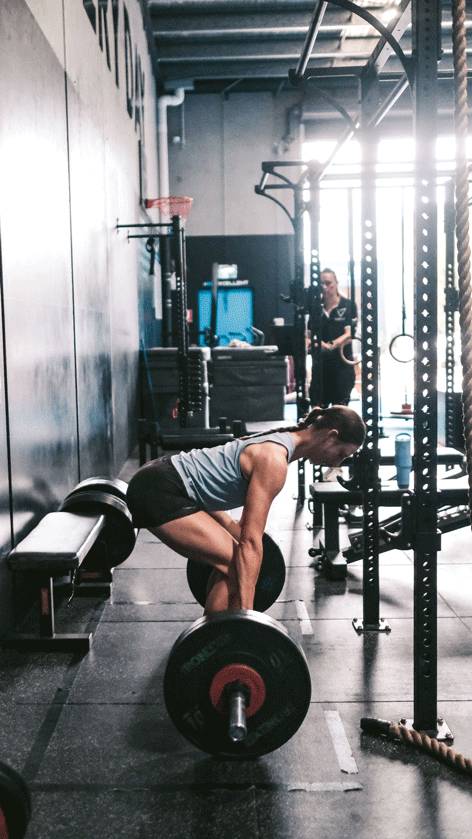
The Letter – Hunter S. Thompson to Hume Logan (1958)
“Every person is the sum total of their reactions to experience. As your experiences differ and multiply, you become a different person, and hence your perspective changes. This goes on and on. Every reaction is a learning process; every significant experience alters your perspective.
So it would seem foolish, would it not, to adjust our lives to the demands of a goal we see from a different angle every day? How could we ever hope to accomplish anything other than galloping neurosis?
The answer, then, must not deal with goals at all, or not with tangible goals, anyway. To put our faith in tangible goals would seem to be, at best, unwise. We do not strive to be firemen, we do not strive to be bankers, nor policemen, nor doctors. We strive to be ourselves.
But do not misunderstand me. I do not mean that we cannot be firemen, bankers, or doctors, but that we must make the goal conform to the individual rather than make the individual conform to the goal. In every person, heredity and environment have combined to produce a creature of certain abilities and desires, including a deeply ingrained need to function in such a way that their life will be meaningful. A person has to be something; they have to matter.
As I see it then, the formula runs like this: a man must choose a path which will let his abilities function at maximum efficiency toward the gratification of his desires.
In doing this, he is fulfilling a need (giving himself identity), he avoids frustrating his potential (choosing a path which puts no limit on his self-development), and he avoids the terror of seeing his goal wilt or lose its charm as he draws closer to it (rather than bending himself to meet the demands of that which he seeks, he has bent his goal to conform to his own abilities and desires).
In short, he has not dedicated his life to reaching a pre-defined goal, but he has rather chosen a way of life he knows he will enjoy. The goal is absolutely secondary: it is the functioning toward the goal which is important. And it seems almost ridiculous to say that a man must function in a pattern of his own choosing, for to let another man define your own goals is to give up one of the most meaningful aspects of life, the definitive act of will which makes a man an individual.
A man who procrastinates in his choosing will inevitably have his choice made for him by circumstance. So if you now number yourself among the disenchanted, then you have no choice but to accept things as they are, or to seriously seek something else. But beware of looking for goals: look for a way of life. Decide how you want to live and then see what you can do to make a living within that way of life. But you say, ‘I do not know where to look; I do not know what to look for.’
And there is the crux. Is it worth giving up what I have to look for something better? I do not know. Who can make that decision but you? But even by deciding to look, you go a long way toward making the choice.
I am not trying to send you out ‘on the road’ in search of Valhalla, but merely pointing out that it is not necessary to accept the choices handed down to you by life as you know it. There is more to it than that. No one has to do something they do not want to do for the rest of their lives.”
Recent Blog Posts

